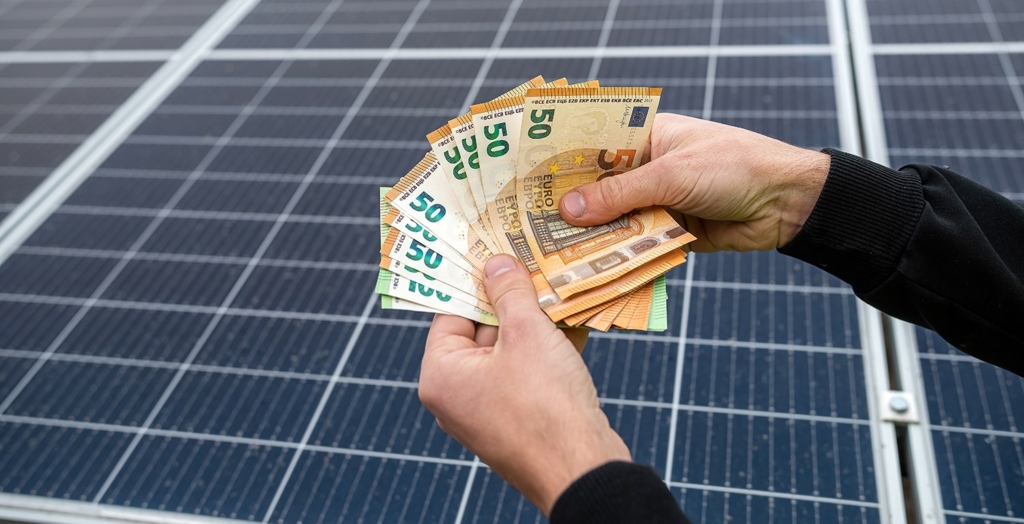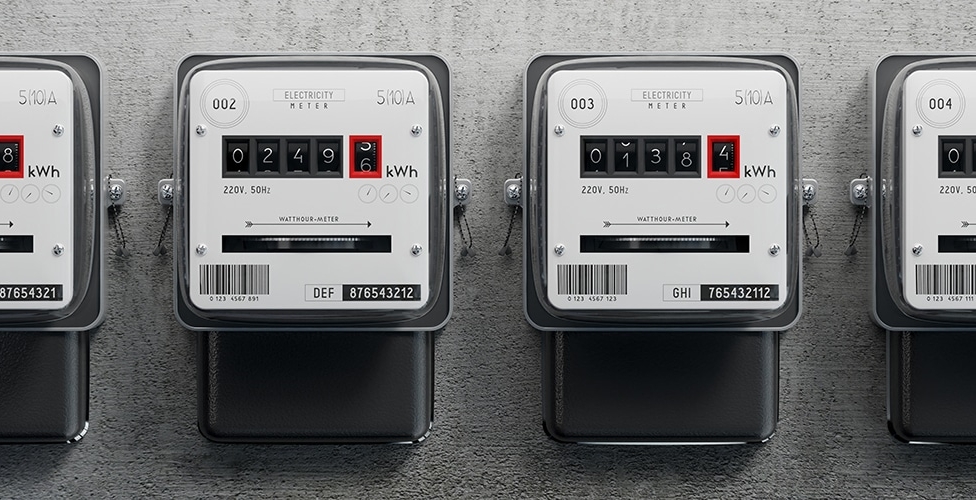New rate of 11.5 cents for feed-in charges.

Better off.
The introduction will take place in phases and customers will receive a personal message about this at least thirty days before the introduction. Eneco reports that more than three quarters of customers are financially better off now that the feed-in costs are no longer part of the electricity rate. Only the actual kilowatt hours fed back are calculated. So the more self-generated electricity is consumed, the lower the feed-in costs are calculated.

Return delivery compensation
Eneco customers with a variable energy contract and solar panels still benefit from the netting scheme. In this scheme, the energy returned to the grid is offset against the energy consumed. At the rate of 11.5 euro cents per kilowatt hour and the current electricity price of 30.39 euro cents per kilowatt hour, solar panel owners will receive 18.89 euro cents for the energy they return.
Only 3 euro cents
The same customers with a variable energy contract who return more electricity than they consume will receive compensation of 14.5 euro cents per kilowatt hour. With the new rate of 11.5 euro cents per kilowatt hour in return costs, they will only receive a net 3 euro cents per kilowatt hour for the extra energy returned. Eneco will introduce this in phases from June to August.
Fixed energy contract
Customers with solar panels and a fixed energy contract will not see any changes in the near future. As soon as their fixed rates expire, Eneco will also pass on the feed-in costs to them. At least 30 days in advance, they will receive a message about the new supply rates, the feed-in costs and the feed-in compensation.